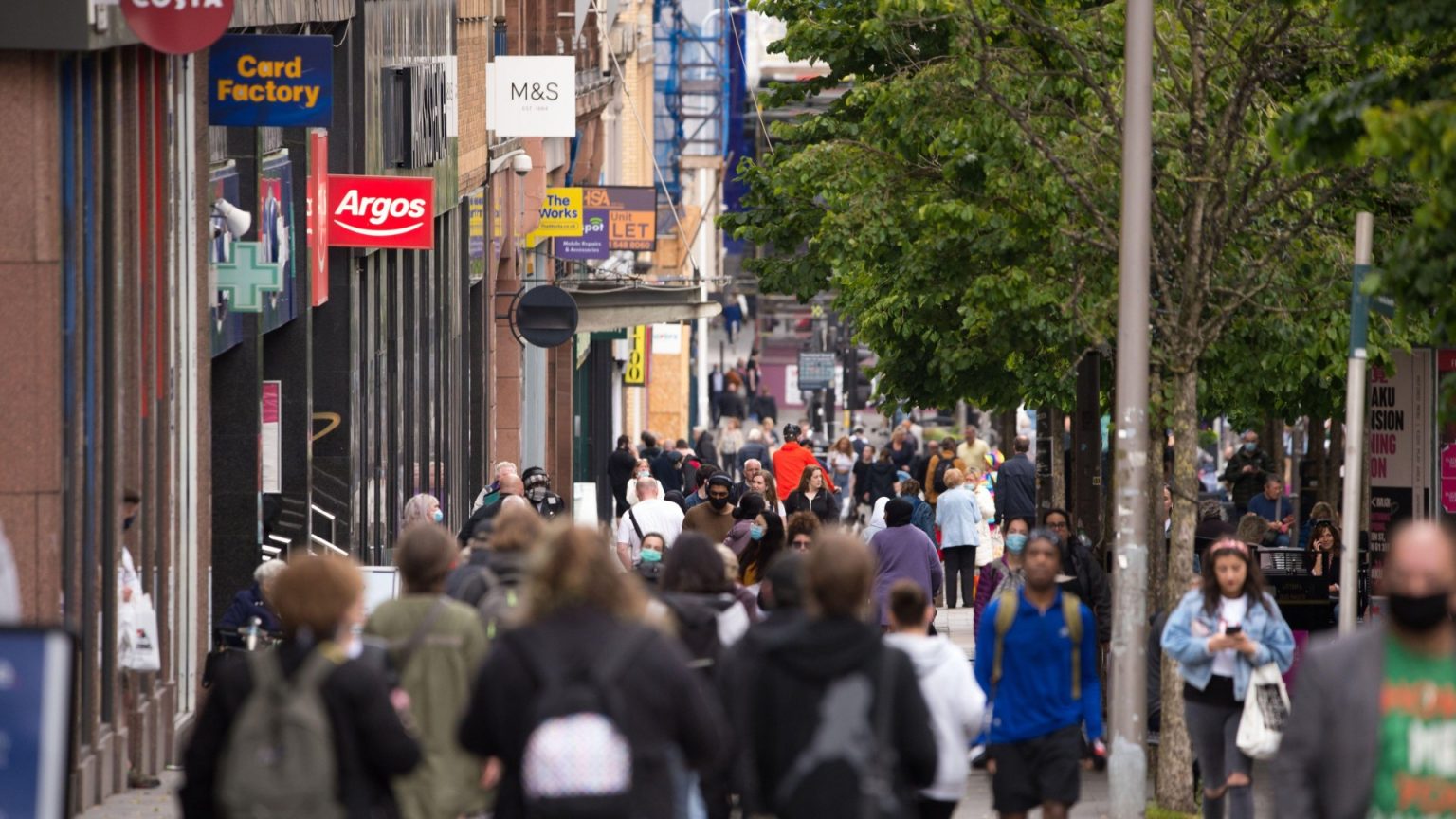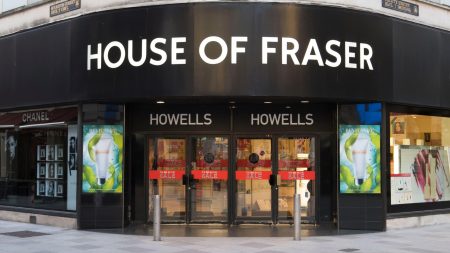The Body Shop, a major beauty retailer, is closing its Sheffield city centre branch after 34 years of trading. This closure, scheduled for January 15th, follows a tumultuous period for the company. In 2024, The Body Shop entered administration, resulting in the closure of 82 stores and 800 job losses. The company was subsequently acquired by Aurea Group, a growth capital firm, which initially stated it had no further plans for store closures. However, the Sheffield branch’s closure contradicts this assurance, leaving loyal staff and customers disheartened. The director of the Sheffield branch cited “business uncertainty” as a contributing factor. This closure highlights the ongoing challenges faced by high street retailers in the face of changing consumer habits and economic pressures.
The closure of The Body Shop’s Sheffield store is not an isolated incident. Several other retailers, including fashion chain Monki, stationer WHSmith, and coffee giant Starbucks, are also closing branches this month. Monki, owned by H&M, is shutting down two stores as part of a brand merger with Weekday. WHSmith is closing a store in Bournemouth, adding to the ten closures it has implemented since March 2023. Starbucks is closing two cafes, one in Dumfries and another within a Cineworld complex. These closures across various sectors underscore the broader challenges facing brick-and-mortar retail. The rise of online shopping, coupled with rising operational costs, has created a difficult environment for traditional retailers.
The increasing prevalence of store closures on British high streets reflects a shift in consumer behavior and economic pressures on businesses. The rise of online shopping has significantly impacted the profitability of physical stores, as consumers increasingly opt for the convenience and often lower prices offered online. This shift has been exacerbated by rising operational costs, including staff wages and rent, making it more challenging for retailers to maintain profitability. The COVID-19 pandemic further accelerated this trend, with lockdowns forcing consumers to embrace online shopping, further impacting high street footfall.
The decline of high streets is a complex issue with several contributing factors. The convenience of online shopping is undeniable, offering a wider selection of products, often at lower prices, and delivered directly to consumers’ homes. This convenience has led to a decline in foot traffic in town centres, making it harder for physical stores to compete. Additionally, the rising costs of operating a physical store, including rent, utilities, and staffing, have squeezed profit margins, making it more difficult for retailers to stay afloat. The shift towards online shopping has created a vicious cycle, with declining footfall leading to store closures, which further reduces the attractiveness of town centres, leading to more closures.
While some retailers are adapting by integrating online and offline experiences, the future of the high street remains uncertain. Some retailers are attempting to bridge the gap between online and offline by offering click-and-collect services or creating experiential retail spaces that offer unique in-store experiences. However, these strategies may not be enough to counteract the broader trends impacting high street retail. The changing landscape of retail requires a more fundamental rethink of the role of town centres, potentially involving a shift towards mixed-use developments that incorporate residential, leisure, and community spaces alongside retail.
The closure of The Body Shop in Sheffield, along with other recent retail closures, highlights the ongoing challenges facing the high street. The rise of online shopping, coupled with rising operational costs, has created a difficult environment for traditional retailers. While some retailers are adapting to the changing landscape, the future of the high street remains uncertain. Addressing this challenge will require a concerted effort from retailers, landlords, and local authorities to create more vibrant and attractive town centres that can compete with the convenience and cost-effectiveness of online shopping. The need for diversification and adaptation is clear, and the success of town centres in the future will depend on their ability to evolve and offer experiences that cannot be replicated online.











